
We all have coworkers who can down six cups of coffee in a given day without flinching, and friends who can indulge in an after-dinner cappuccino and be sleeping like a baby within the hour. Yet a single cup leaves many of us feeling jittery, anxious and restless. What gives?
To be sure, coffee is safe. According to the U.S. Food and Drug Administration, the average American consumes 300 milligrams of caffeine each day, and the Mayo Clinic says it is safe for adults to consume upward of 400 milligrams daily -- the equivalent of four cups of coffee. It is our most popular caffeine delivery mechanism by magnitudes, and provides quite a few health benefits as well. Research shows that moderate coffee consumption can help ward off liver disease, provide a big boost of antioxidants and even protect the brain against Parkinson's disease.
While the health recommendations surrounding caffeine consumption have been standardized over the years, one's personal reaction to the stimulant cannot be summed up in a similar fashion. Most of us consume caffeine in some form (coffee, tea, soda, even chocolate) frequently, but the ways our bodies process the chemical varies based on several key factors, some of which you'd never suspect.
Here are seven reasons you might be more sensitive to the effects of caffeine than the standard java junkie.
You don't consume that much of it.

It sounds counterintuitive, but people who don't consume caffeine regularly and in moderate amounts tend to feel its negative side effects more strongly than those who have already developed a tolerance for the substance. The way that tolerance is built is under review by countless researchers, but studies suggest that consistent caffeine consumption leads to the brain's decreased production of mood-enhancing hormone norepinephrine, leaving the body craving the substance that fills that void.
Your genetics are to blame.
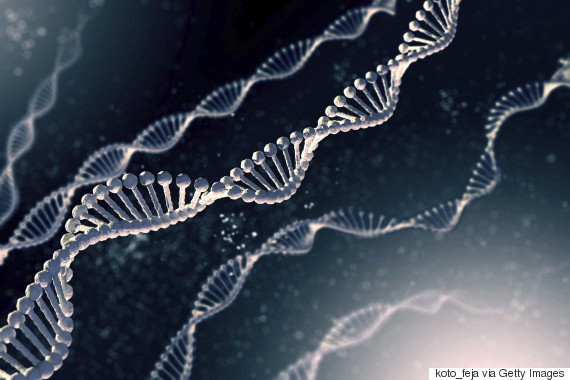
The reason so many people feel a "boost" after consuming caffeine isn't because it supplies that boost; instead, it binds to the brain's adenosine receptors (which signal to the to body that it's time for rest when their number reach a particular limit) and allows naturally occurring stimulants like dopamine to function without restriction. The brain's sensitivity to caffeine can vary dramatically from person to person, depending on how many of one's adenosine receptors bind to the caffeine after it's consumed. People whose receptors bind more effectively to the caffeine tend to feel a more intense jitteriness.
The culprit lies in your medicine cabinet.
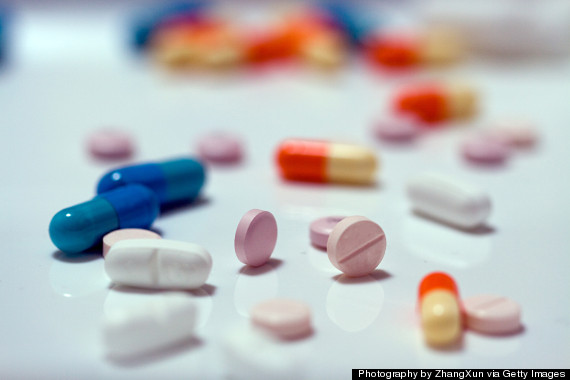
According to the Mayo Clinc, certain antibiotics, asthma-relief drugs and echinacea increase the intensity of unwanted caffeine side effects. While antibiotics and echinacea can interfere with the metabolism of caffeine, leaving it circulating through the body for longer periods of time and in higher amounts, asthma-relief drug theophylline already has caffeine-like side effects of its own, making the combined effects feel even more uncomfortable.
You suffer from an anxiety disorder.
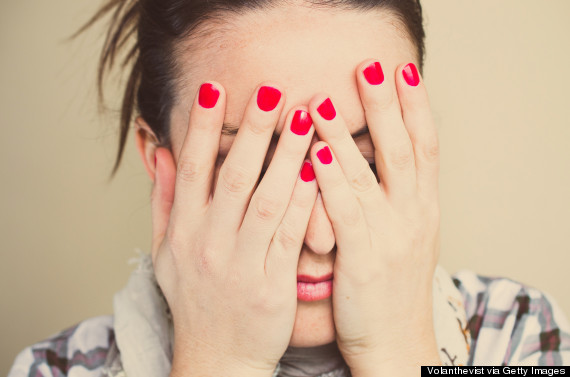
If you already deal with an anxiety disorder on a daily basis, high levels of caffeine will likely intensify your symptoms. According to Roland Griffiths, Ph.D., a professor at the Johns Hopkins School of Medicine, "Caffeine is the most widely used mood-altering drug in the world." Because of its psychoactive nature, in rare instances, caffeine can provoke anxiety and panic disorders, promoting panic attacks in those who suffer from panic disorders and cause insomnia those who are susceptible to panic attacks.
Your metabolism is on the slower side.
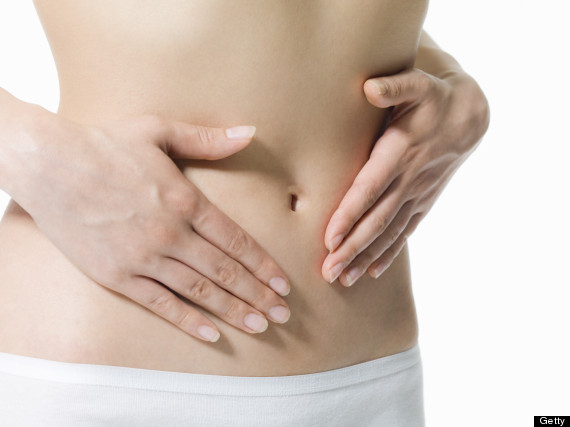
An enzyme in the liver that helps the body metabolize caffeine can vary in quantity from person to person, affecting one's ability to handle caffeine comfortably. Those who produce less of this metabolizing enzyme then take longer to rid the body of it, leaving it the system longer and making its side effects feel more intense and prolonged. Conversely, those with a greater amount of caffeine-metabolizing enzymes in the liver must consume more (and more frequently) to maintain its desired side effects.
You have a Y-chromosome.

Sorry boys, the body processes caffeine differently based on gender, and women naturally metabolize it more quickly. A study from researchers at the University of Barcelona found that among a group of university-age students, a standardized amount of caffeine affects both men and women within just 10 minutes of consumption, and that while it affects both genders, men feel the impacts more strongly.
You're on the pill.
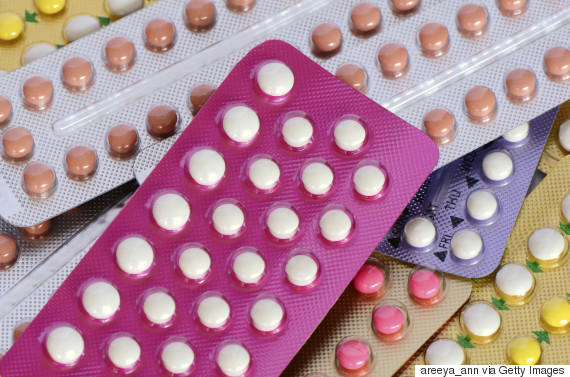
However, there is a caveat to the whole being-a-woman-and-metabolizing-caffeine-faster thing: If you're using oral contraceptives, you will likely metabolize caffeine at one-third of the rate you would otherwise, leaving you far more sensitive to its side effects. Typically, at the end of caffeine's life cycle, it's excreted from the body and takes a given amount of important minerals like calcium, zinc and potassium along with it. According to one study, young women on the pill lost fewer amounts of these minerals because the active component in the metabolism of caffeine was limited by the hormonal steroid. So while fewer nutrients are lost, the caffeine (and its side effects) remain in the body for a longer period of time.